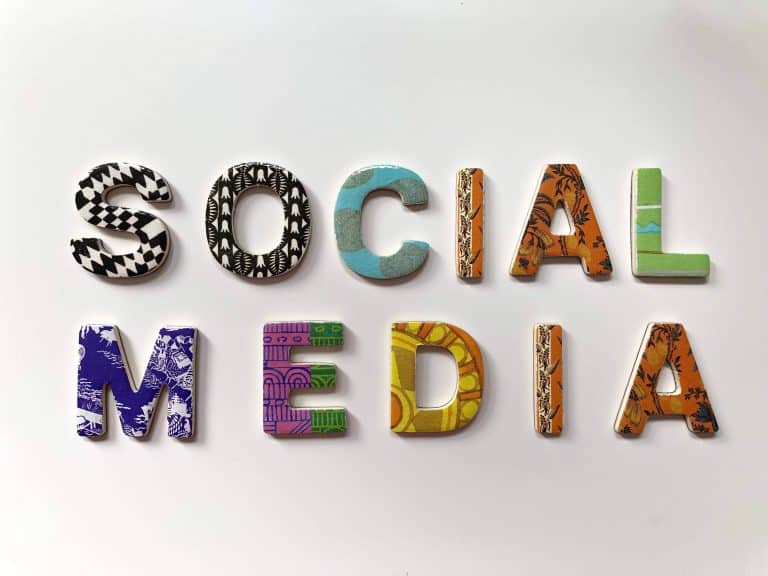Dopamine addiction refers to the compulsive and repeated seeking of dopamine release through rewarding stimuli, such as drugs, gambling, or even social media. Dopamine is a neurotransmitter that plays a role in the reward and pleasure centers of the brain. When a person engages in a pleasurable activity, dopamine is released, which reinforces that behavior and creates a desire to repeat it.
Social media has been identified as a potential source of dopamine addiction due to the way it stimulates the reward centers of the brain. Social media platforms are designed to be engaging and to keep users coming back for more. Notifications, likes, and comments are all forms of rewards that release dopamine and reinforce the behavior of using social media.
Over time, this repeated dopamine release can lead to addiction, with users craving the positive feedback and stimulation that social media provides. This can lead to negative consequences, such as decreased productivity, social isolation, and even mental health problems.
It is important to use social media in moderation and be aware of the potential for addiction. Practicing self-control, setting limits on social media use, and finding alternative sources of pleasure and stimulation can help prevent dopamine addiction from social media use.

